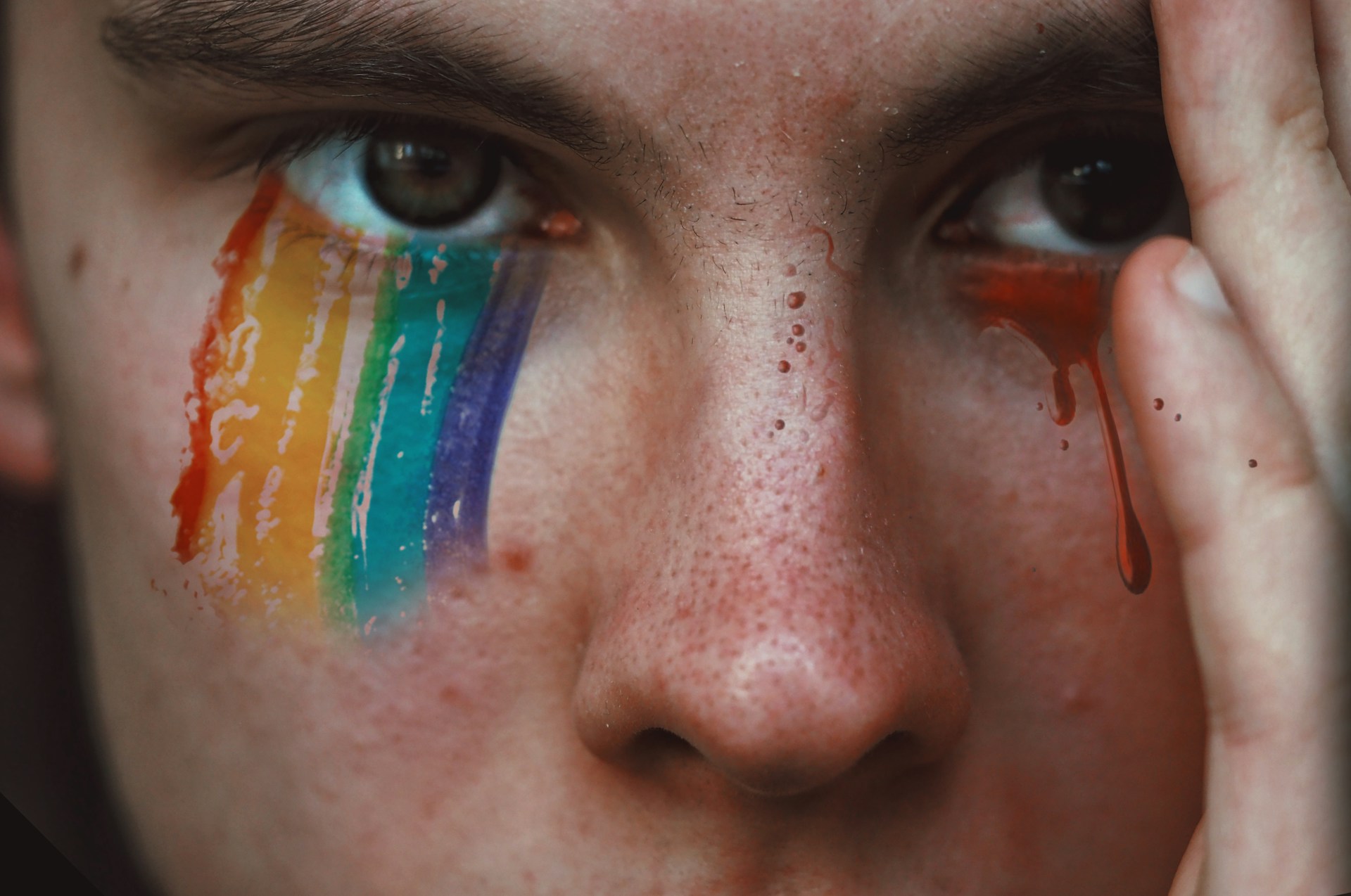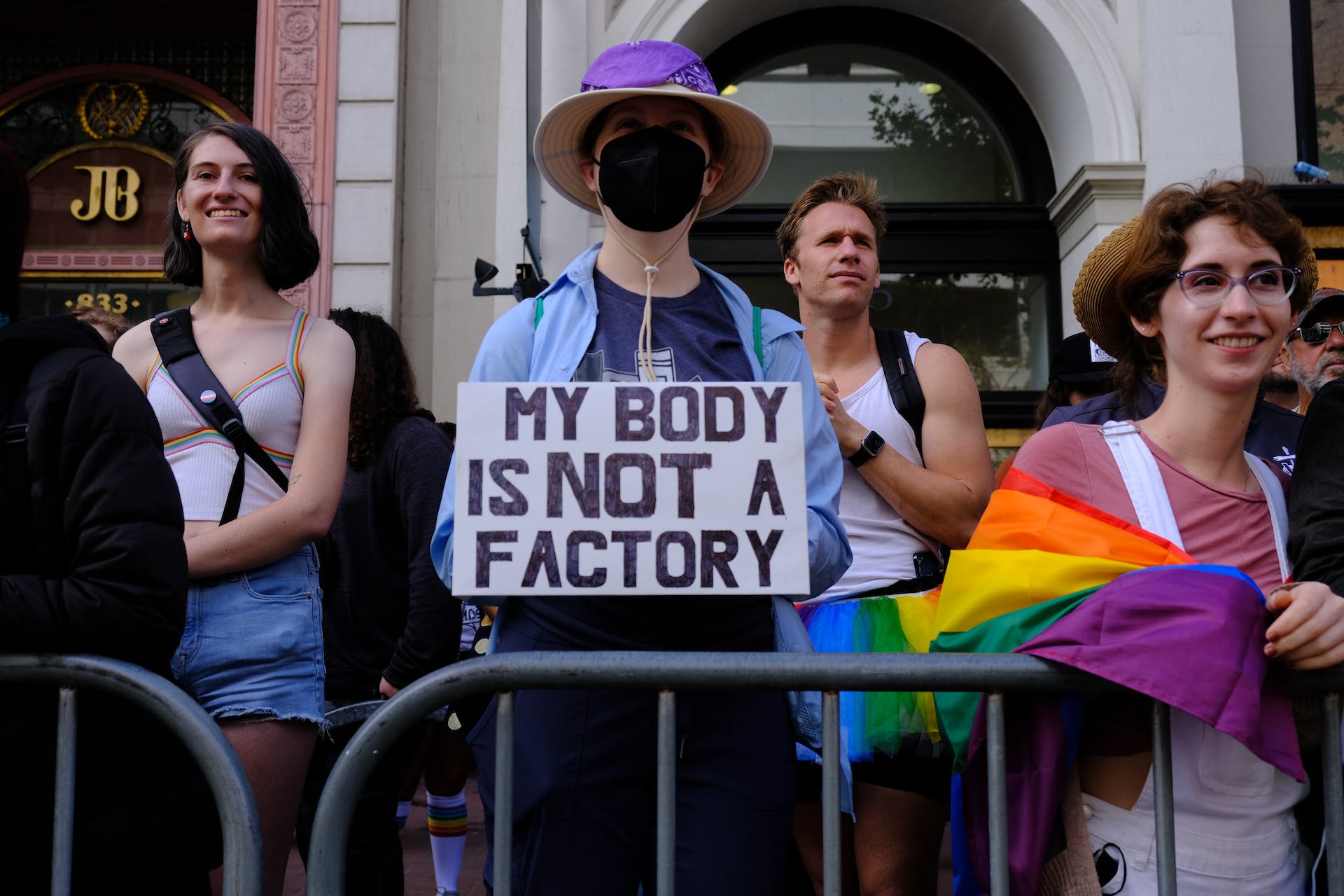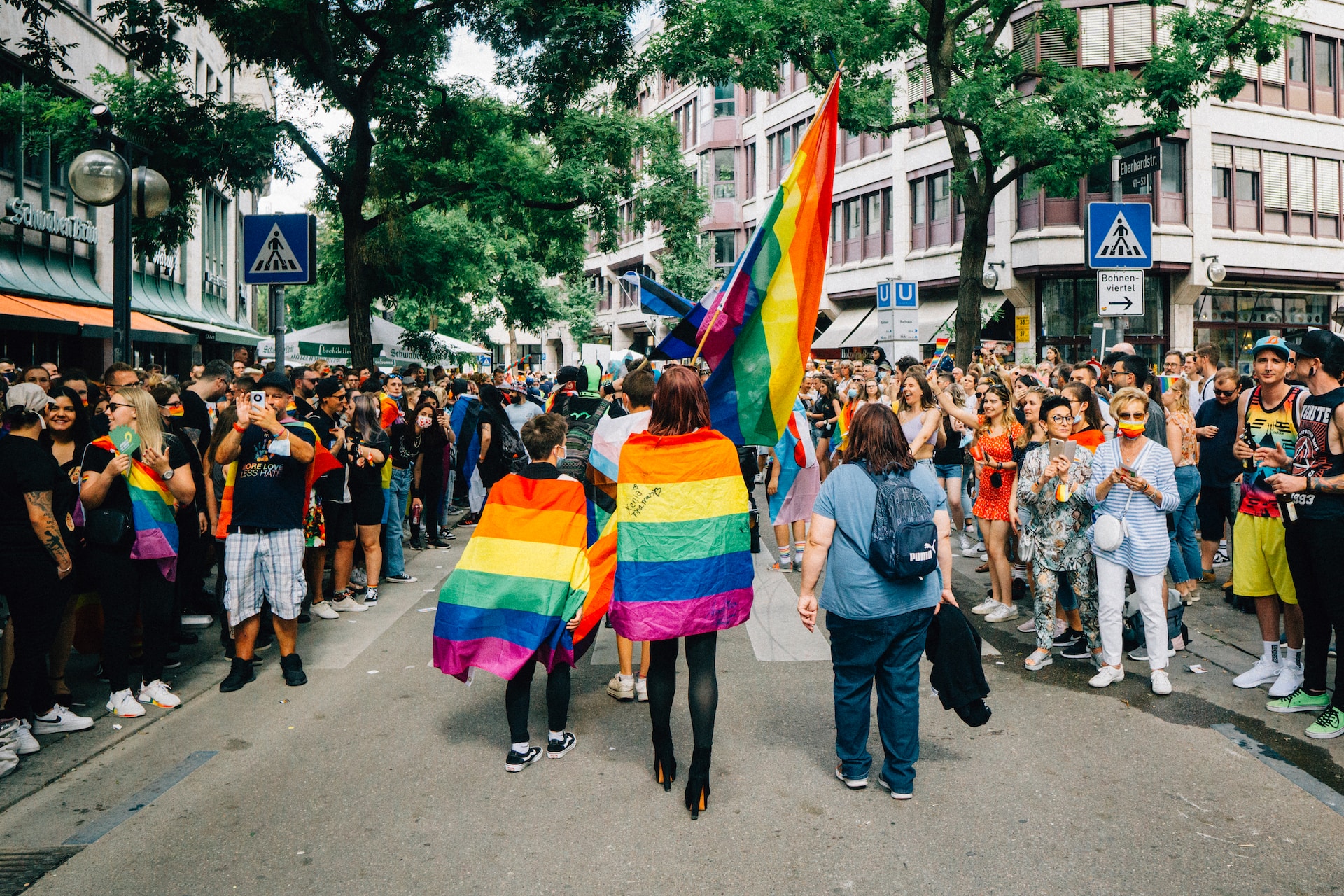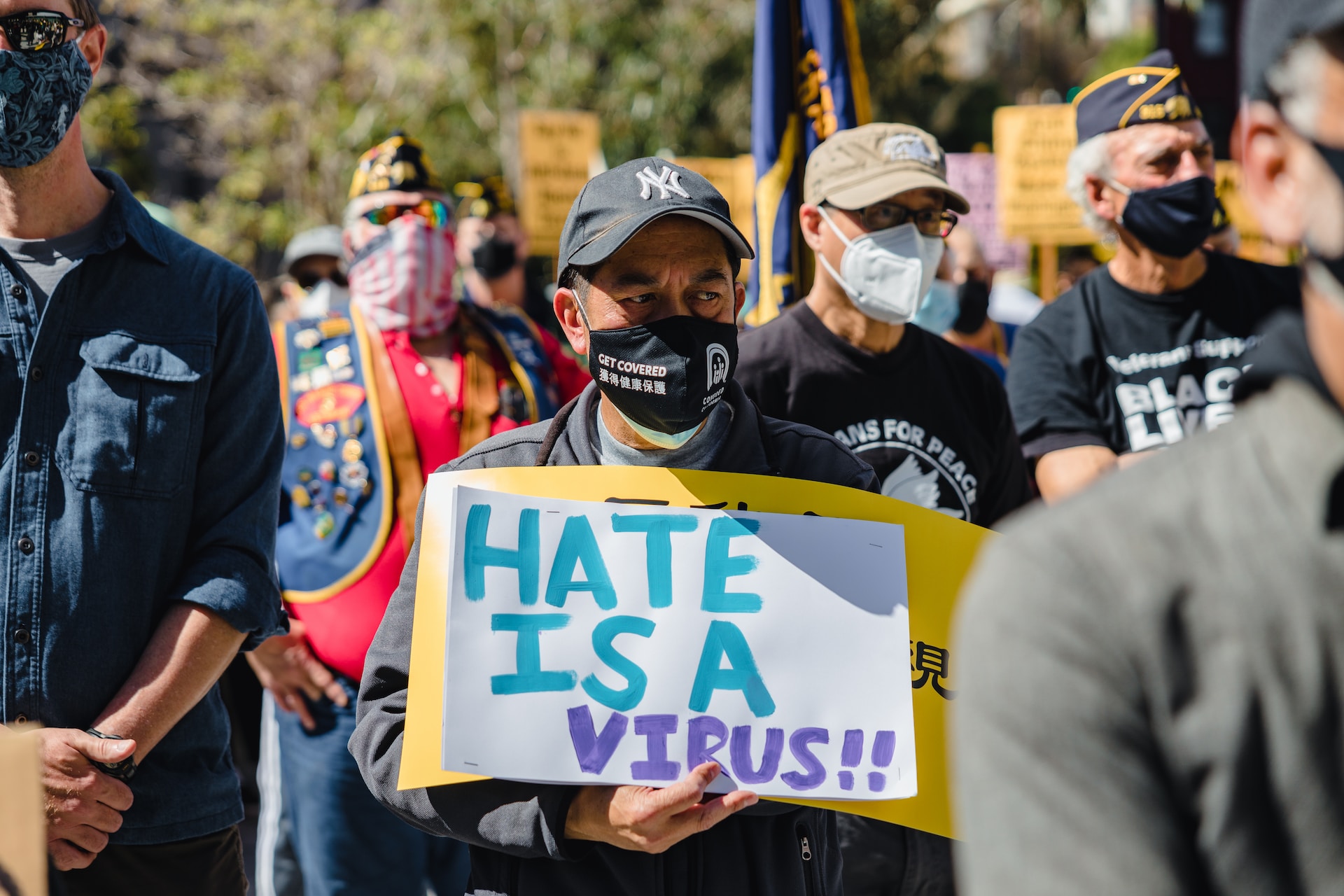Navigating the Varied Landscape of Trans Healthcare for Minors in the EU

The access to gender-affirming healthcare for transgender, intersex, and non-binary minors varies significantly across the European Union. While some countries offer relatively straightforward pathways, others pose substantial barriers, creating a disparate landscape for young trans individuals seeking care.
France: A Case of Conditional Accessibility
In France, minors can access gender-affirming treatments like puberty blockers and hormone replacement therapy (HRT). However, the process often involves lengthy psychological assessments, creating potential delays. Alex’s story, a young French individual, illustrates a best-case scenario where familial support and age facilitated quicker access to treatment, but many others face longer waits.
Spain’s Progressive Stance
Spain recently enacted legislation to simplify the process for individuals over 16 to legally change their gender markers, marking a significant step forward for trans rights. This law has positioned Spain as one of the best places in Europe for trans healthcare, according to Transgender Europe (TGEU).
Ireland’s Contradictory Situation
Ireland presents a stark contrast, where despite legal provisions for gender self-declaration, practical access to trans healthcare is severely limited. Young people face a backlog of up to seven years in the healthcare system, effectively delaying access to gender-affirming care until adulthood.
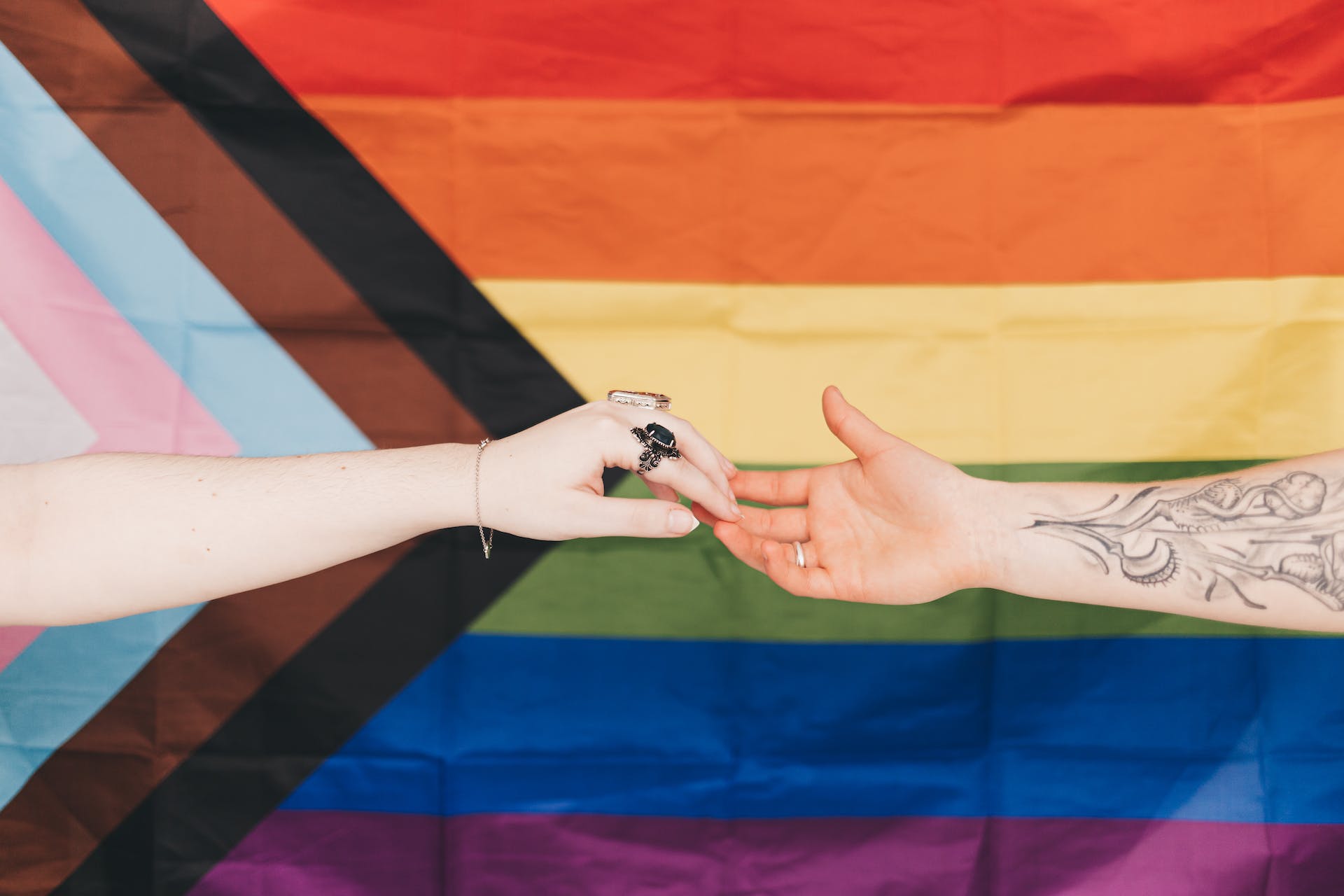
The Swedish and Finnish Approaches
Sweden and Finland have taken different paths, with Sweden recently restricting hormone therapy for minors under 18 and Finland eliminating the sterilization requirement for adults changing their gender markers.
The Rising Tide of Violence and Hate Speech
The past year has seen an alarming increase in violence against the LGBTQ+ community in Europe, with several high-profile attacks and murders of trans individuals. This surge in violence accompanies a rise in hate speech against trans people across various European nations.
The Struggle for Recognition and Respect
The experiences of young trans individuals like Alex highlight the importance of societal recognition and respect for their identities. Access to hormones is crucial, but societal acceptance and familial support play a pivotal role in their well-being.
Conclusion: A Diverse European Landscape
The situation across the EU underscores the diversity of approaches to trans healthcare, influenced by political, social, and cultural factors. While some countries are making significant strides toward inclusive and accessible healthcare for trans minors, others lag behind, creating a complex and often challenging environment for these young individuals to navigate.
©equalityvoices.org


